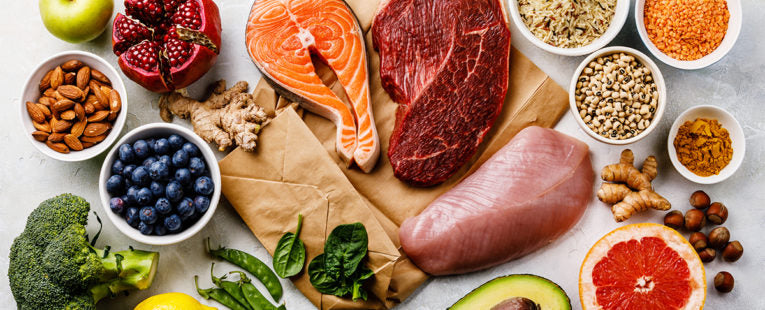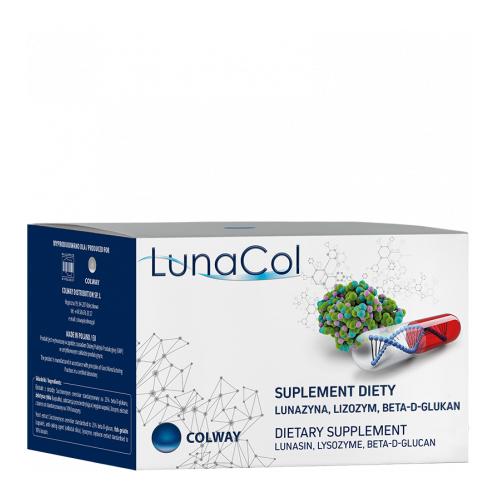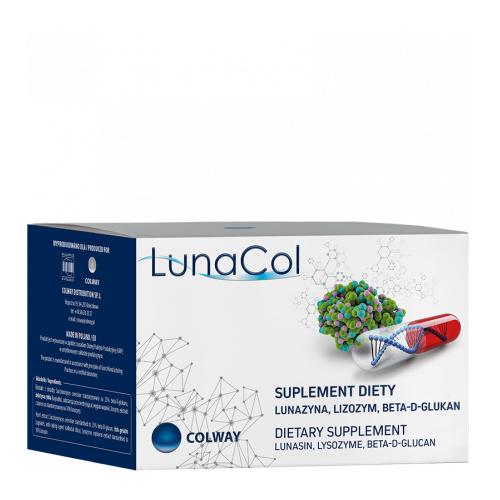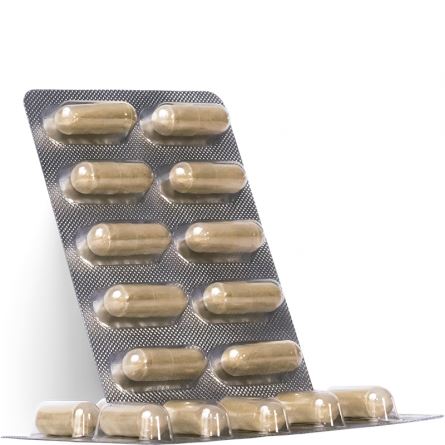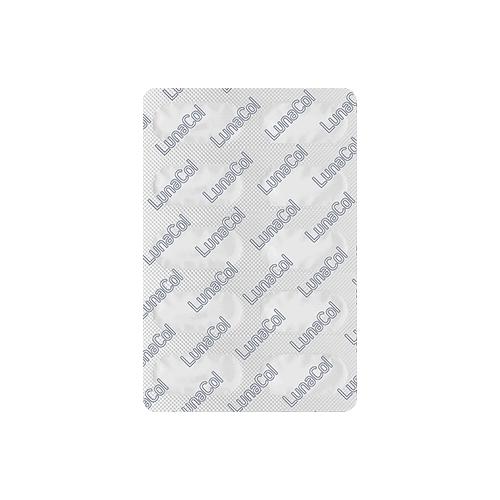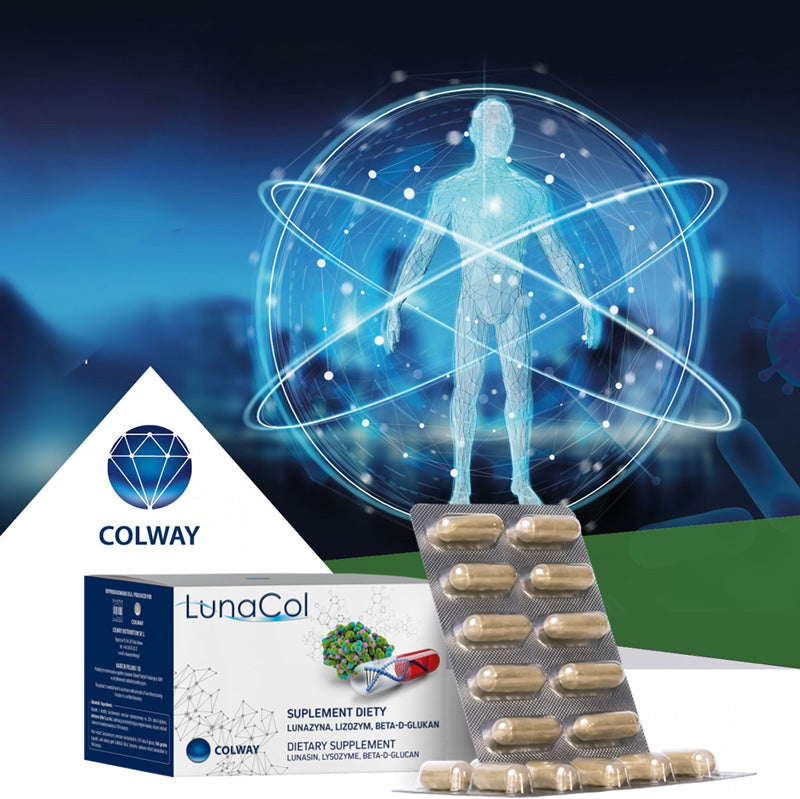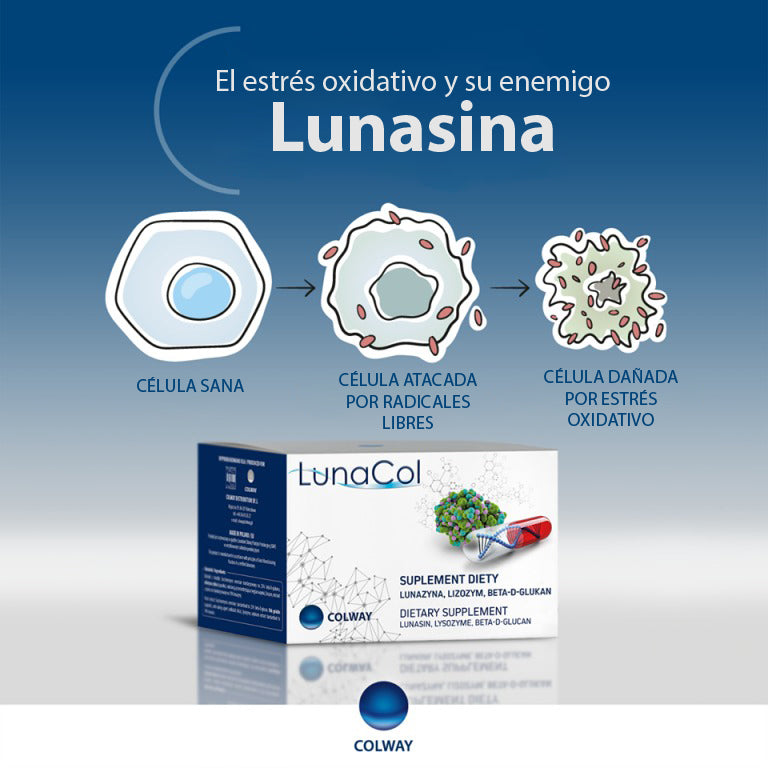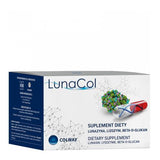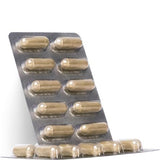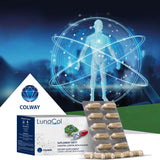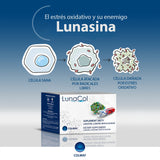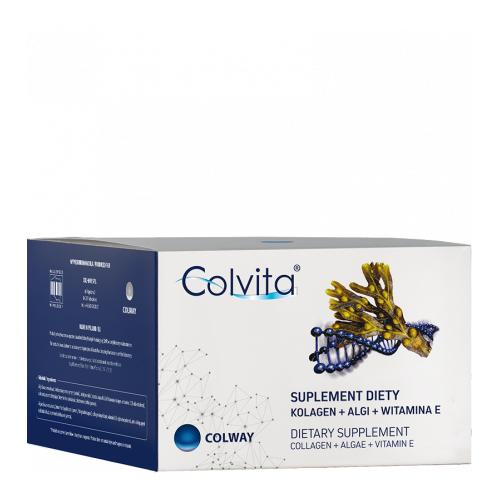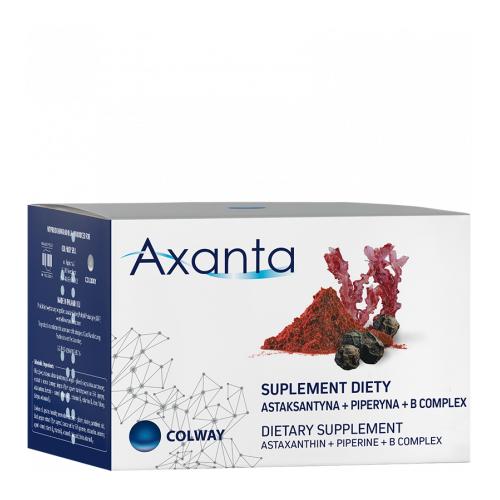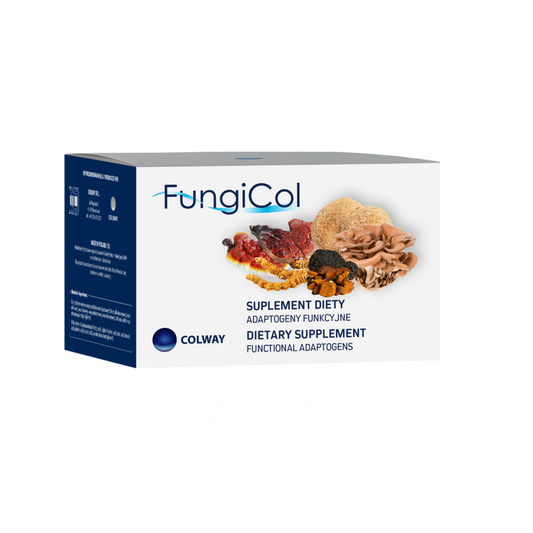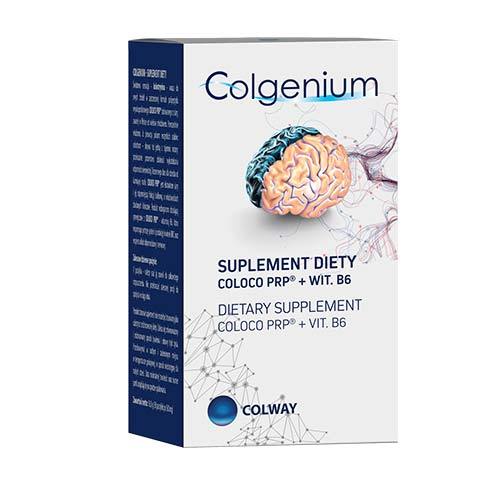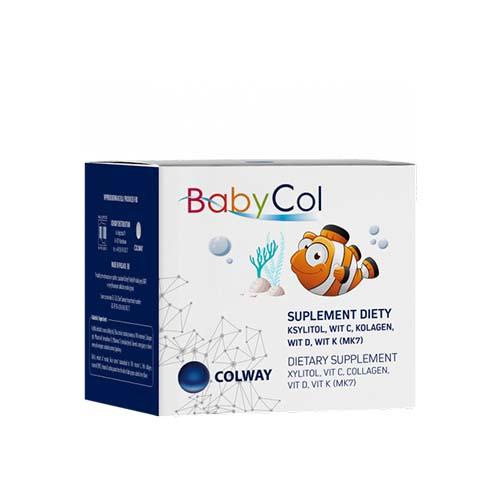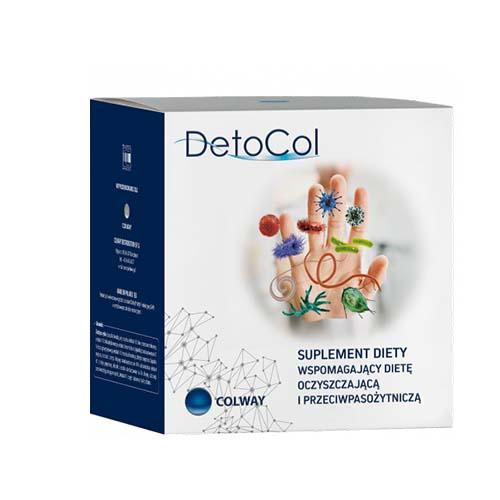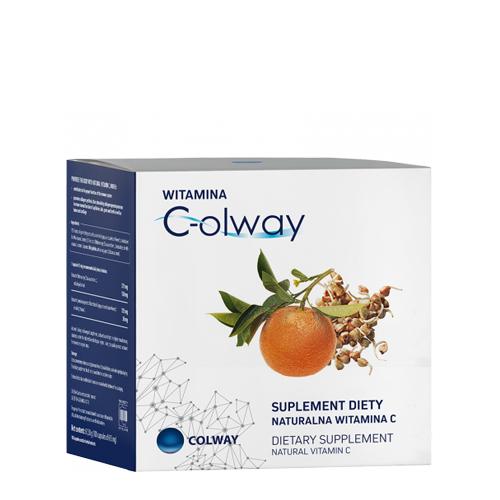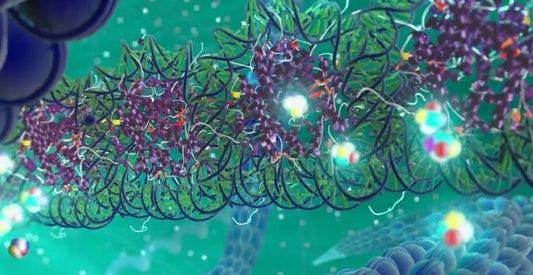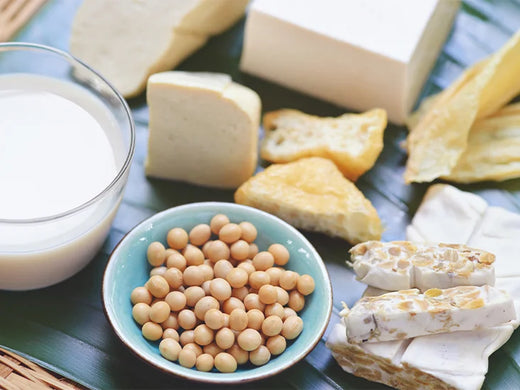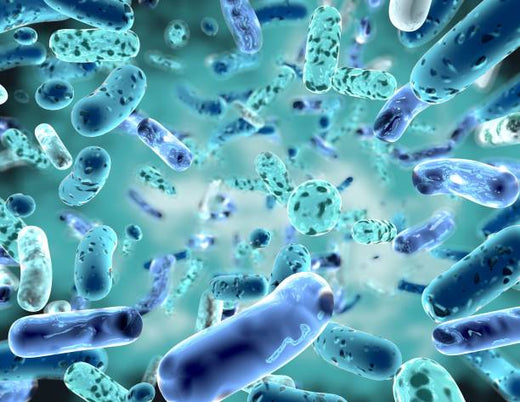Cancer has become one of the most common causes of death in developed countries, presenting a significant medical challenge in our times. While advances in cancer treatment have improved survival rates, prevention remains a critical component of cancer control. Chemotherapy, a relatively new and promising strategy, involves the use of natural and/or synthetic substances to block, reverse, or slow the process of carcinogenesis. In this review, we will explore the potential of plant-based foods and a specific peptide called lunasin in preventing cancer. Lunasin, a 43-amino acid peptide found in soybeans and other plants, has demonstrated anticancer, anti-inflammatory, and antioxidant properties both in vitro and in vivo.
Cancer: a global health problem
Cancer has become one of the most pressing health problems in the world, especially in developed countries. Accumulating evidence strongly supports the notion that prevention plays a critical role in cancer control. By focusing on prevention strategies, we can potentially reduce the burden of cancer on individuals, families, and health systems.
Chemoprevention: a promising strategy
Chemoprevention offers a promising approach to cancer prevention by using natural or synthetic substances to interfere with the carcinogenesis process. These substances can act as inhibitors, blockers or modulators, effectively reducing the risk of developing cancer. By targeting the specific molecular pathways and cellular processes involved in cancer development, chemoprevention aims to stop or slow the progression of precancerous lesions.
Plant-Based Foods and Cancer Prevention
Plant-based foods have gained significant attention in the field of cancer prevention due to their abundant content of bioactive phytochemicals. These phytochemicals possess several properties that contribute to general health and have been associated with a lower risk of cancer. Eating plant-based foods provides more than just basic nutrition; it offers desirable health benefits that extend beyond simple sustenance.
The role of proteins and peptides in cancer prevention
In recent years, proteins and peptides have emerged as a group of nutraceuticals with the potential to prevent different stages of cancer, including initiation, promotion, and progression. These bioactive compounds derived from natural sources have shown promising results in experimental studies and clinical trials. By targeting specific signaling pathways and biological processes, proteins and peptides may exhibit anticancer effects.
Lunasin: a promising peptide
Lunasin, a 43-amino acid peptide initially identified in soybeans, has drawn attention for its anti-cancer properties. Research has shown its ability to inhibit cancer cell proliferation, induce cell cycle arrest, and promote apoptosis, the process of programmed cell death. Furthermore, lunasin exhibits anti-inflammatory and antioxidant properties, which could contribute to its chemopreventive effects.
The bioactivity of Lunasin
Lunasin exerts its bioactivity through multiple mechanisms, making it a potentially effective agent in cancer prevention. It has been shown to interact with various cellular components, including DNA, histones, and transcription factors. By modulating these interactions, lunasin can influence gene expression, cell signaling, and epigenetic modifications that contribute to cancer development and progression.
Mechanisms of action of Lunasin
Lunasin's mechanism of action involves targeting key molecular pathways involved in cancer. It can disrupt the activation of oncogenes, inhibit angiogenesis (the formation of new blood vessels that support tumor growth), and suppress metastasis (the spread of cancer cells to distant sites in the body). Additionally, lunasin exhibits antioxidant activity, protecting cells from oxidative stress and DNA damage.
Clinical and preclinical evidence
Numerous in vitro and in vivo studies have provided evidence supporting the anticancer activity of lunasin. These studies have shown its efficacy against various types of cancer, including breast, colon, lung, and prostate cancers. Lunasin has shown potential to reduce tumor growth, inhibit metastasis, and improve the efficacy of conventional cancer therapies.
Lead them and future challenges
While lunasin shows promise as a chemopreventive agent, more research is needed to fully understand its mechanisms of action and assess its potential in clinical settings. The challenges lie in optimizing the delivery and bioavailability of lunasin and in conducting large-scale clinical trials to validate its efficacy and safety. Furthermore, exploring lunasin in combination with other preventive and therapeutic strategies may improve its efficacy in preventing cancer.
Frequently Asked Questions (FAQs)
-
Can we prevent cancer?
- Yes, accumulating evidence supports the notion that prevention is an important component of cancer control. By adopting healthy lifestyle habits and using preventative strategies, we can reduce the risk of cancer.
-
What is chemoprevention?
- Chemoprevention is a strategy that involves the use of natural and/or synthetic substances to block, reverse, or slow down the process of carcinogenesis, thus preventing cancer.
-
How do plant-based foods contribute to cancer prevention?
- Plant-based foods contain bioactive phytochemicals that offer desirable health benefits beyond basic nutrition. These phytochemicals have been associated with a lower risk of cancer due to their anti-cancer properties.
-
What are proteins and peptides in relation to cancer prevention?
- Proteins and peptides derived from natural sources have shown potential to prevent different stages of cancer. They can modulate specific signaling pathways and biological processes involved in cancer development.
-
What is lunasin and how does it prevent cancer?
- Lunasin is a 43 amino acid peptide found in soybeans and other plants. It exhibits anticancer activity by inhibiting the growth of cancer cells, inducing cell cycle arrest, and promoting apoptosis. Additionally, lunasin possesses anti-inflammatory and antioxidant properties.
-
What is the future of lunasin in cancer prevention?
- While lunasin holds promise, more research is needed to unlock its full potential. Optimizing its delivery and bioavailability, conducting clinical trials, and exploring combination therapies are important avenues for future research.
Conclusion
Cancer has become a major global health problem, and prevention plays a crucial role in its control. Chemoprevention, plant-based foods, and the lunasin peptide offer promising strategies to reduce the risk of cancer initiation, promotion, and progression. Lunasin's bioactivity and mechanisms of action demonstrate its potential as a powerful tool in cancer prevention. More research and clinical studies will continue to shed light on the efficacy of lunasin and other preventive approaches, moving us closer to a future in which the incidence of cancer can be significantly reduced.



















































































































